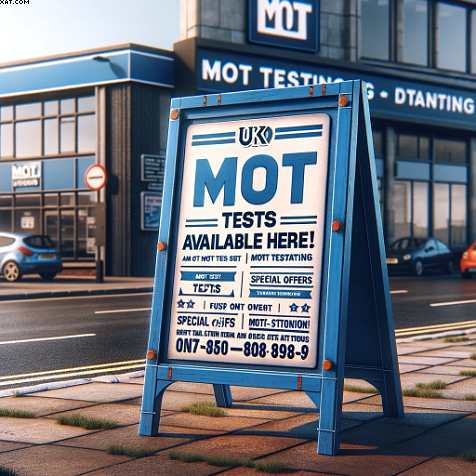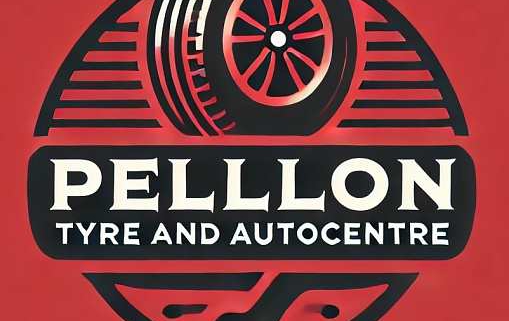Two Year MOT Tests
Table of Contents
Two-Year MOT Tests

Two-Year MOT Tests
So this is about the wrangling that continues about our MP’s trying to convert the MOT testing gap to two years. Utterly stupid, in my opinion! These MP’s should visit testing stations to see how a modern-day car can deteriorate over the current one-year period. So, two years would just mean many more dangerous cars on our roads.
However, as this attached article states, the motor industry are fighting to knock this stupid idea on the head. I drive for my business and often depart at 4.30 in the morning. The roads are very busy and in my opinion, we are heading for a complete 24-hour period of heavy traffic.
Ask any truck driver!
No longer can you drive in the UK through the night to try to avoid heavy traffic. It is with us now. So testing cars over a two-year period is a no-brainer, and the idea should be scrapped immediately for safety’s sake alone.
Along with this article, I can only hope that the recent conservative re-shuffle will kill the two-year MOT tests stone dead and that common sense prevails.

The MOT test is an annual safety inspection that is mandatory
for all vehicles in the United Kingdom that are older than three years. Ensuring that vehicles on the road are in good condition and do not endanger other road users is of the utmost importance. The proposal to transition this to a biennial inspection was made in an effort to alleviate financial strains on drivers and decrease the operational burden on garages. It seems reasonable in theory, correct?
Nonetheless, this is not a novel concept. Similar suggestions have occasionally surfaced, frequently in an effort to cut costs and streamline operations. Recently, a number of members of parliament have revisited the notion, arguing that it might save motorists a little bit of fuel. However, it is not devoid of controversy.
Contrarians express significant apprehensions. Two-Year MOT Tests
regarding the implications for road safety and the environment. They believe that extending the time between inspections could result in a greater number of high-octane vehicles with underlying problems such as worn tyres or faulty brakes travelling around. This has the potential to increase accident rates and potentially impact air quality if emissions are not routinely inspected.
Safety experts and the automotive industry have had a somewhat divided reaction.
While there are individuals who believe that modern vehicles, which are indeed improving in dependability, may not require such frequent inspections, others emphasise the critical nature of routine surveillance in ensuring public safety. It is a timeless struggle between savings and safety, and striking the proper balance is no easy task.
The proposal has not been implemented as of yet. Two-Year MOT Tests
It appears to be in a “let’s think this through” phase as opposed to “full steam ahead.” The government must diligently assess the potential advantages in relation to the potential drawbacks. Before finalising a change, they would also be required to consult with a variety of stakeholders, including automobile associations and road safety charities.
It appears that the concept is currently being deliberated and has not yet been finalised. It is uncertain whether this will transition to a higher frequency or remain at rest. Any change to something as critical as the MOT testing regime, however, will undoubtedly require careful consideration in order to ensure the safety of all road users.
